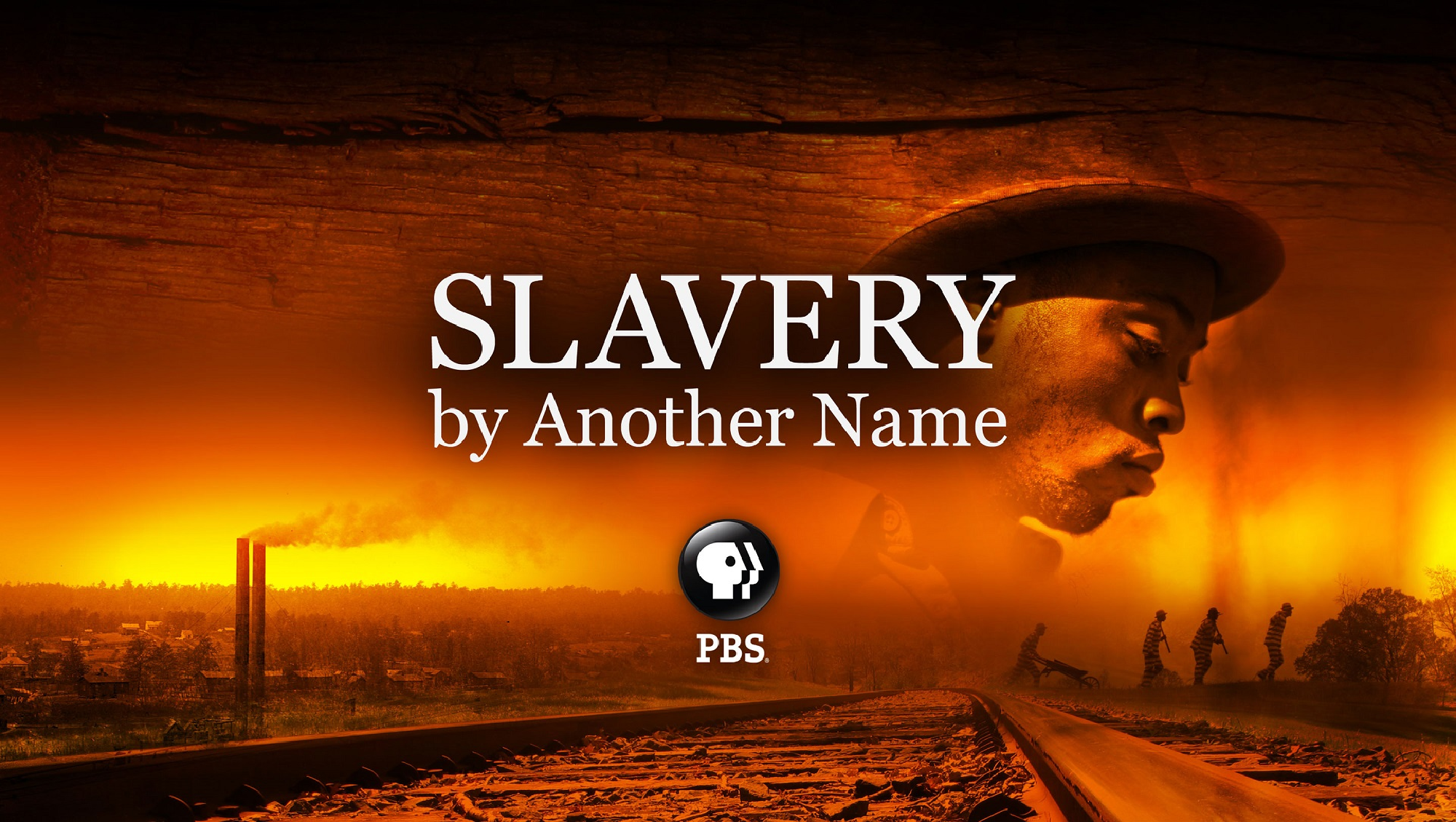At last, noted language researcher and educator Frank Smith weighs in! Using his razor-sharp analytical skills in linguistics and intimate understanding of professional teaching, Smith dismantles the shoddy science undergirding direct, intensive, and early phonics training. His book title is to be taken literally. The very reading instruction that claims to be "scientific," "research based," and "evidence based"-imposed on teachers and enforced through innumerable mandated tests-is founded on activities that are unspeakable and practices that are unnatural. The mandated approach to language teaching is, in fact, linguistically impossible, as Smith proves.
Developed from years of research and multiple work sessions with groups of teachers, each of Smith's essays in this book helps teachers understand the nature of thinking, learning, and reading. The essays also address the problems arising from pressure on teachers to adopt dubious practices that ignore their own judgment and experience. Smith acknowledges that reading is not the only area of education where unspeakable acts and unnatural practices abound. He devotes two essays to the teaching of mathematics and to the use of technology for good or ill in teaching.
Smith counters the pseudoscience we've seen of late with impeccable logic, clarity, and wit. When instruction is predicated on the idea that children learn complex skills by being taught parts of them that they can somehow integrate . . . when children are required to read or listen to nonsensical material and then engage in meaningless activities . . .when imagination, identification, and personal relationships-the soul of the classroom-are given short shrift . . . the consequences are intellectually stifling, as Smith so cogently shows. At the end of his book he offers a challenge and a plea-to keep the human heart of education beating no matter how heartless the environment in which we live, teach, and learn.










